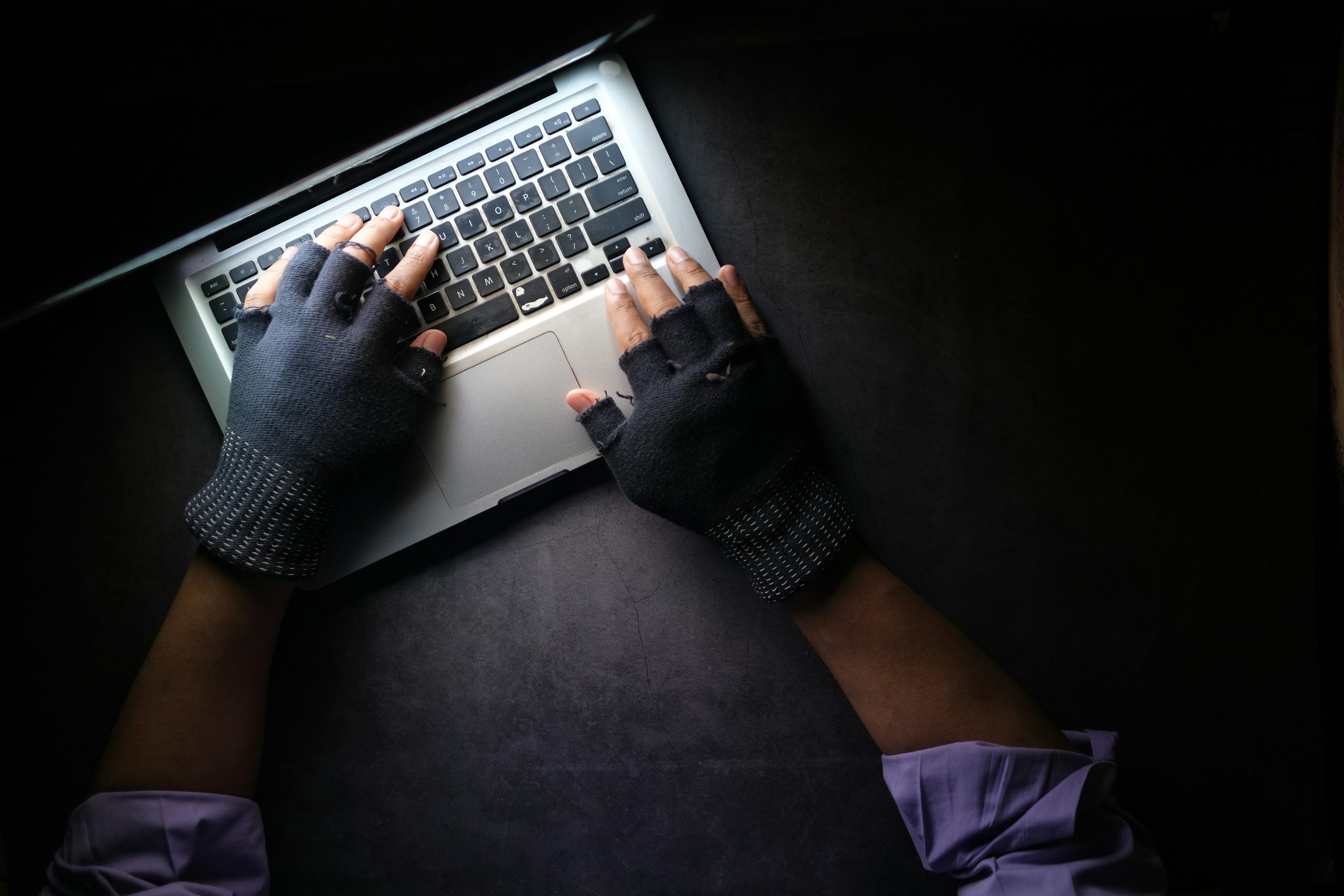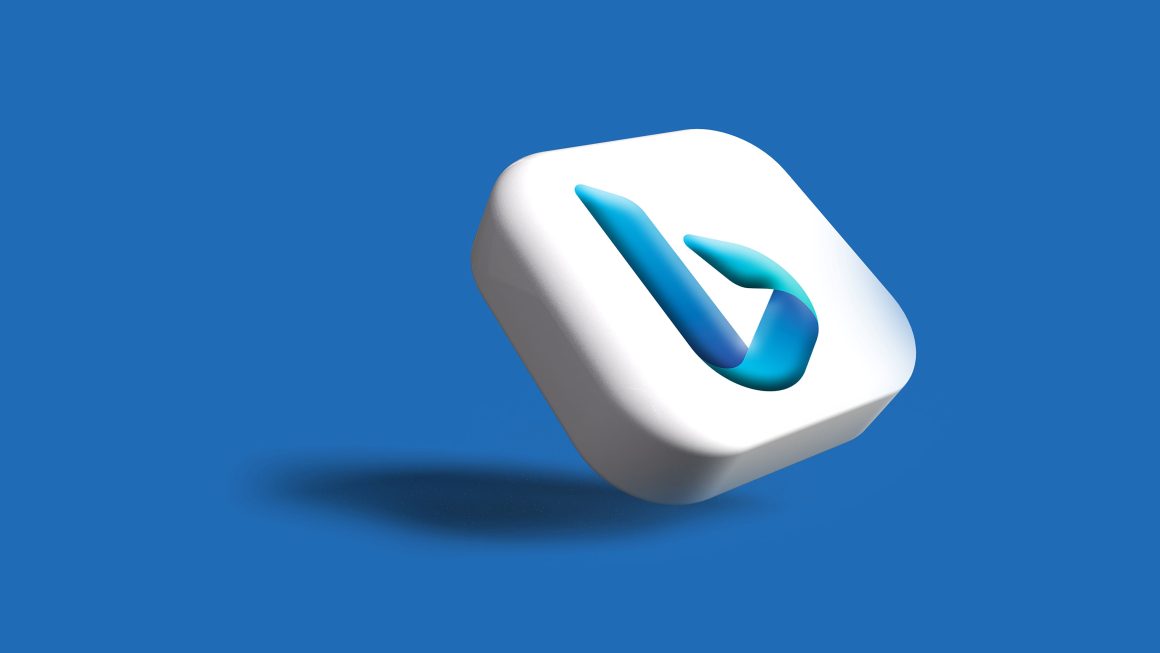The dark web is a hidden part of the internet, notorious for hosting illegal activities, from drug trafficking to the sale of stolen personal information. While most people have only heard about the dark web in passing, the threat it poses to your online identity is very real. If your personal information is circulating on the dark web, it could be used by cybercriminals for identity theft, financial fraud, or worse. But how do you know if your online identity has been compromised, and what can you do about it?

What Is the Dark Web?
The dark web is a subset of the deep web, which consists of parts of the internet that aren’t indexed by standard search engines like Google. While the deep web includes harmless content like private databases and email accounts, the dark web is infamous for being a hub of illegal activities. Accessing the dark web requires special software, such as Tor, which allows users to remain anonymous. This anonymity makes it an ideal environment for cybercriminals to buy and sell stolen data, including credit card numbers, Social Security numbers, passwords, and more.
How Does Your Information End Up on the Dark Web?
Your online identity can end up on the dark web in several ways, often without you even realizing it. Here are some common methods:
1. Data Breaches: Large-scale data breaches are one of the most common ways personal information ends up on the dark web. When a company’s security is compromised, hackers can steal massive amounts of data, including names, addresses, credit card information, and login credentials. This data is then sold or traded on the dark web.
2. Phishing Attacks: Phishing is a technique where attackers pose as trustworthy entities (like your bank or a popular website) to trick you into revealing your personal information. Once obtained, this data can be sold on the dark web.
3. Malware and Spyware: If your device is infected with malware or spyware, it can capture your personal information and send it to attackers, who then sell it on the dark web.
4. Weak Passwords: Using weak or easily guessable passwords can also make your online accounts vulnerable. If your password is compromised, your entire online identity could be at risk.
How to Check If Your Information Is on the Dark Web
While you can’t browse the dark web yourself to see if your information is there, several services can help you monitor your online identity:
– Dark Web Monitoring Services: Companies like Experian, Norton, and LifeLock offer dark web monitoring services. These services scan the dark web for your personal information and notify you if they find anything.
– Have I Been Pwned?: This free website allows you to check if your email address or phone number has been involved in a data breach. While it doesn’t search the dark web directly, it can give you a good idea of whether your information might be out there.

What to Do If Your Information Is Found on the Dark Web
If you discover that your online identity is on the dark web, it’s essential to act quickly:
1. Change Your Passwords: Immediately change the passwords for all your online accounts, especially those associated with the compromised information. Use strong, unique passwords for each account, and consider using a password manager to keep track of them.
2. Enable Two-Factor Authentication (2FA): 2FA adds an extra layer of security to your accounts by requiring a second form of verification, like a text message or authentication app.
3. Monitor Your Financial Accounts: Keep a close eye on your bank accounts, credit cards, and any other financial accounts for any suspicious activity. Report any unauthorized transactions to your bank or credit card company immediately.
4. Freeze Your Credit: If your Social Security number or other sensitive financial information is compromised, consider freezing your credit. This prevents anyone from opening new accounts in your name.
Discovering that your online identity is on the dark web can be alarming, but it’s important to remain calm and take immediate steps to protect yourself. Regularly monitoring your online accounts, using strong passwords, and enabling two-factor authentication can help safeguard your identity. If your information is found on the dark web, act swiftly to minimize the damage and prevent further exploitation of your personal data.




